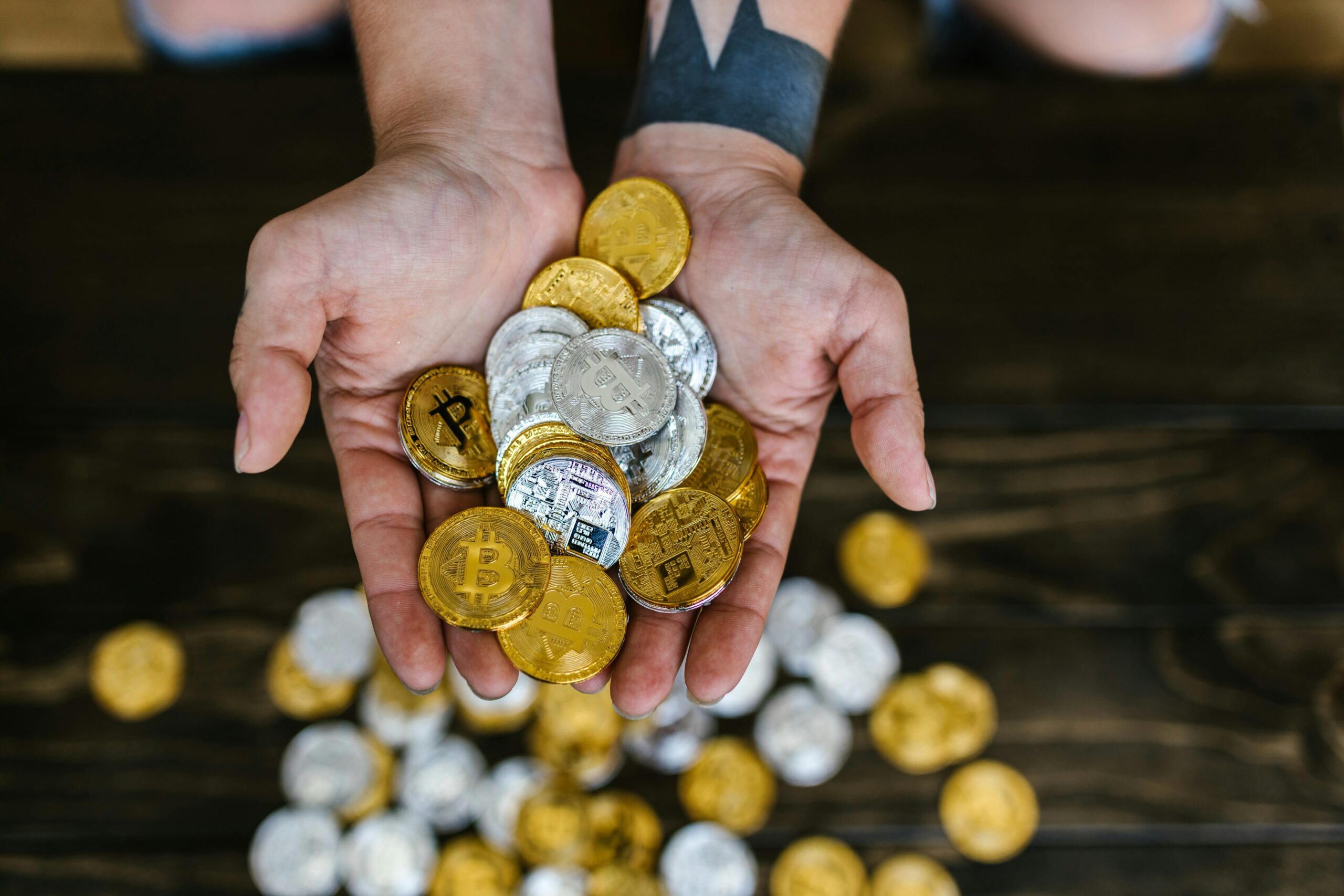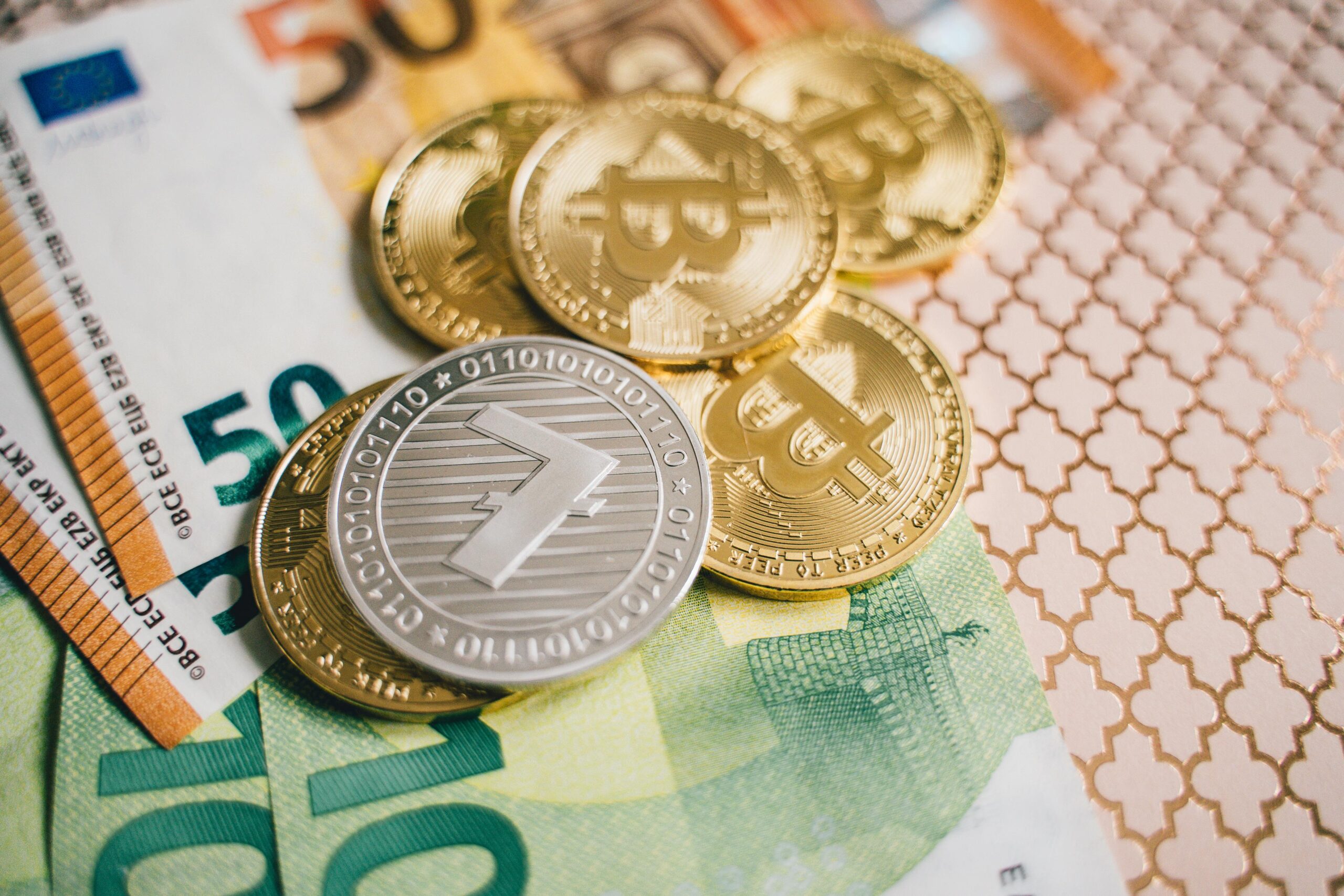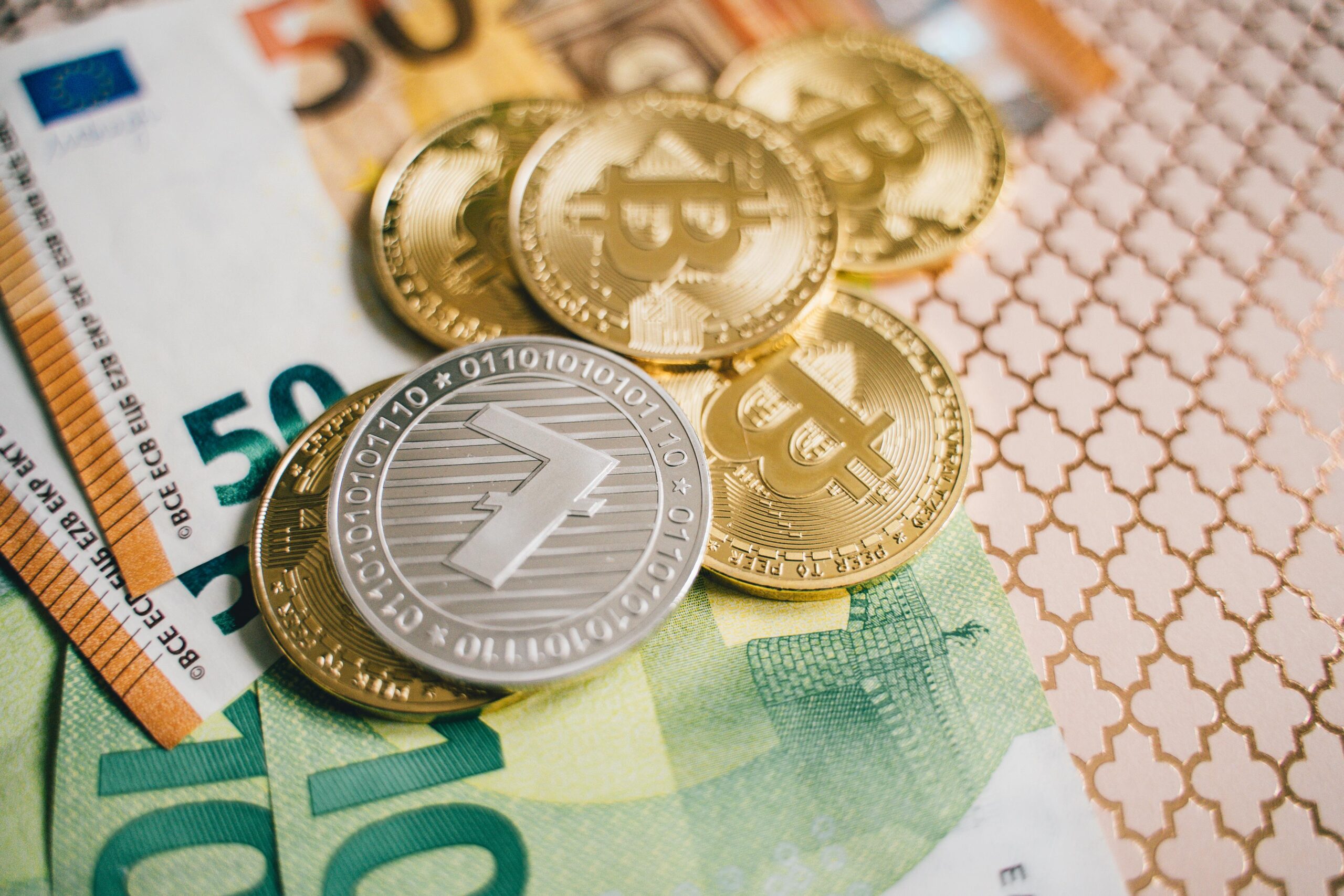Bitcoin is proposed as a key to revolutionizing the passage of ships through the Panama Canal, one of the most strategic nodes of global commerce. The recent proposal put forward by the mayor of Panama City, Mayer Mizrachi, suggests that ships could obtain priority transit if they choose to pay using this financial asset. This …
Bitcoin in the Panama Canal: the future of priority payments in maritime transport


Bitcoin is proposed as a key to revolutionizing the passage of ships through the Panama Canal, one of the most strategic nodes of global commerce. The recent proposal put forward by the mayor of Panama City, Mayer Mizrachi, suggests that ships could obtain priority transit if they choose to pay using this financial asset.
This idea, presented during the Bitcoin 2025 conference in Las Vegas on May 29, opens new scenarios for the integration between cryptocurrencies and maritime logistics.
The proposal of the mayor of Panama City Mayer Mizrachi: fast transit with Bitcoin
During the conference dedicated to Bitcoin, Mayer Mizrachi illustrated a simple yet innovative concept: allowing commercial ships to reduce waiting times in the Panama Canal thanks to payments in Bitcoin. The mayor explained:
“We have a channel — and if there were a privilege for those who pay in Bitcoin, to allow the ship to pass more quickly if paid in Bitcoin”.
This proposal aims to leverage the instantaneous and traceable nature of transactions in Bitcoin to streamline a process that often results in hours, if not days, of waiting.
The Panama Canal connects the Atlantic Ocean with the Pacific Ocean, facilitating trade between East and West and significantly reducing navigation times. Every year, thousands of ships pass through this passage, transporting goods of various types and values. However, congestion during transit phases can lead to high costs both economically and in terms of delivery delays.
Innovating payment and management systems represents an essential frontier for optimizing logistics. Allowing payments in BTC not only introduces an advanced technological solution, but also characterizes the Channel as a pioneering hub in the digitalization of global commerce.
Bitcoin beyond finance: tools for logistical-commercial efficiency
Mizrachi’s project fits into a broader context where Bitcoin moves beyond the simple role of a financial asset to become an operational tool. Transactions in Bitcoin are secure, rapid, and globally accessible, characteristics that suit the dynamic needs of the maritime sector. Furthermore, the decentralized nature of Bitcoin reduces reliance on traditional banking systems and intermediaries, which can simplify and accelerate international payments.
International Collaborations and the Role of El Salvador
During the discussion in Las Vegas, Mayer Mizrachi shared the stage with two important figures of Bitcoin politics in El Salvador: Max Keiser and Stacy Herbert. Both are well-known supporters of the adoption of cryptocurrencies on a national and global level. The moderator of the event, Mike Peterson, director of Bitcoin Beach in El Salvador, facilitated the discussion, highlighting how different political and geographical realities are exploring innovative ways to leverage Bitcoin in economic operations.
INCREDIBILE PANEL CON MAX, STACY, MIKE, & IL SINDACO DI PANAMA CITY MIZRACHI
pic.twitter.com/E5sqqHbZkJ
— The Bitcoin Conference (@TheBitcoinConf) 29 maggio 2025
El Salvador itself represents an example of the integration of Bitcoin into institutional structures, having adopted Bitcoin as legal tender. The participation of such experts suggests a cross-sectional and growing interest in connecting Bitcoin to strategic infrastructures, such as the Panama Canal.
Implications for the maritime sector and for Bitcoin as a financial asset
Implementing payments in Bitcoin to ensure priority in the Panama Canal could have multiple consequences:
- Reduction of waiting times: This aspect improves the overall efficiency of maritime trade, generating significant savings for shipping companies.
- Increase in Bitcoin adoption: When a financial asset like Bitcoin is applied to essential services, it increases legitimacy and interest from global commercial players.
- Technological innovation: Encouraging innovative digital payment systems drives towards a modernization of port and logistics infrastructures.
Consequently, the proposal places the Panama Canal at the center of a new era in which technology and finance intertwine to optimize established processes that are still heavily reliant on traditional practices.
Obstacles and challenges to face
Despite the potential, the project is not free from difficulties. The introduction of Bitcoin payments in the Panama Canal will inevitably encounter technical, regulatory, and cultural resistance.
International rules on maritime traffic and local legislation require checks to extend the use of criptovalute in official operations. Furthermore, in order to ensure maximum transparency and security, it will be essential to regulate the use of Bitcoin to prevent fraud or manipulation.
The port structures must update to accept payments in Bitcoin, implement efficient verification and monitoring systems. Similarly, operators and authorities need dedicated training to make the best use of these new methods. Without adequate support, the innovation risks remaining confined to a theoretical level.
Future Prospects and the Role of Trump
The interest in Bitcoin within the context of the Panama Canal reflects the spread of the financial asset in areas that have been little explored so far. The current President Trump, although not directly involved, has repeatedly shown attention towards cryptocurrencies and innovative economic reforms, factors that could favor support policies in this sense.
The adoption of Bitcoin as a preferred method of payment in strategic infrastructures could mark a paradigm shift in international economic policies, with the possibility of extension to other crucial areas for global trade.
Bitcoin and the Panama Canal: an open dialogue towards innovation
The proposal by Mayer Mizrachi represents a significant turning point both for the Panama Canal and for the Bitcoin ecosystem. Granting priority transit to ships that pay in Bitcoin is not only an attempt to innovate a strategic passage but also a clear signal of the growing importance of cryptocurrencies in the real world.
If implemented effectively, this idea could accelerate the global adoption of Bitcoin in sectors traditionally resistant to change. Furthermore, the collaboration with political and entrepreneurial figures from El Salvador indicates a concrete possibility of integration between innovator countries in the crypto sector and major global logistical infrastructures.
Ultimately, this initiative paves the way for a future where technology, economy, and maritime transport interact to create more efficient and dynamic systems. Monitoring the developments of this project will be essential to understand how Bitcoin will position itself in a context of practical applications and real impacts on the global economy.
Finley Benson is a tech-savvy writer with a background in blockchain development, Finley explores the latest innovations in Web3, DeFi, and smart contract technologies. His articles blend technical depth with real-world applications.



 pic.twitter.com/E5sqqHbZkJ
pic.twitter.com/E5sqqHbZkJ








